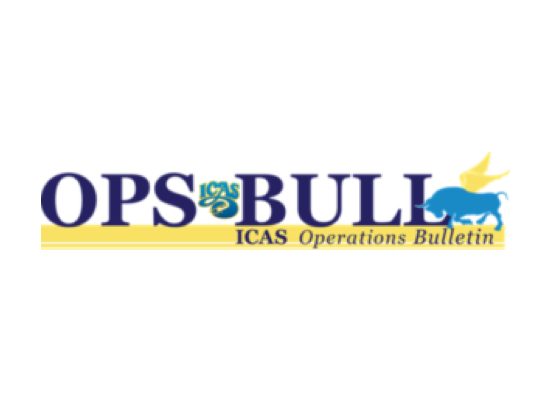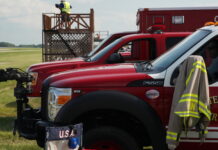As we discussed in the most recent issue of Ops Bull, there are four components of a safety management system (SMS): Safety Policy, Safety Risk Management, Safety Assurance and Safety Promotion. As we continue our series to look at these components and their roles in the ICAS safety program, we will turn out attention to Safety Risk Management.
Safety Risk Management (SRM) is a formal system of hazard identification, analysis and risk management. Quite simply, SRM is identifying a hazard, analyzing its potential severity and managing the risk posed by the hazard to an acceptable level. In the ICAS safety program, SRM is managed principally by the use of two programs: ICAS Confidential Reporting System (ICARUS) and the ICAS Safety Incident Procedures (SIP). Hazards are identified primarily through ICAS members acting as the eyes and ears of the industry in the field. Members may either identify hazards via the ICARUS system or, more commonly, through direct contact with ICAS staff. ICAS staff then analyzes the hazard via the first steps of the SIPs. The analysis of the hazard is used to determine the need and extent of any risk mitigation procedures that must be enacted.
Should the hazard be identified as severe enough to require that steps be taken to mitigate risk, the ICAS safety committee will employ the subsequent steps of the SIP to insure that the risk is managed to a level as low as reasonably practical. The safety committee’s determinations will be dictated by level of risk that the industry is capable to absorb before the results are disastrous, and in our current state of zero tolerance, the level of tolerance is equal to the level of acceptable risk. Next time, we will talk about the methods used to ensure the SMS is continuously practiced: Safety Assurance.








